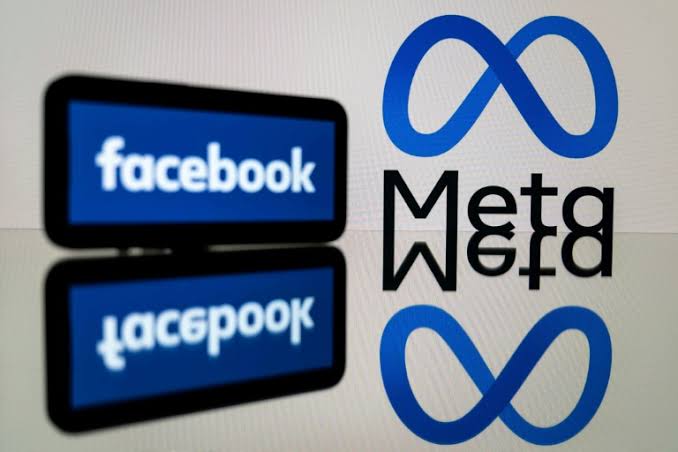The lawsuit also named ChatGPT developers OpenAI as defendants.
The authors filed the lawsuit in July, accusing Meta and OpenAI of violating their intellectual property rights in training their artificial intelligence (AI) model. The heart of the dispute revolves around whether Meta’s generative AI model, LLaMA 2, infringed on the authors’ creative works during its training.
Meta, in a recent court filing, strongly defended itself by asserting that its use of texts to train LLaMA 2 fell within the bounds of “fair use” and did not breach intellectual property laws. The company argued that training the AI model to statistically model language and generate original expressions was transformative by nature and thus a quintessential example of fair use.
Furthermore, Meta emphasized that LLaMA 2 does not produce “copyright-infringing material.” The company urged the court to dismiss the plaintiffs’ claims in this regard.
Read also: Meta makes ambitious dive into Artificial Intelligence
Comparisons to Previous Legal Precedent
Meta cited a previous court decision, Authors Guild v. Google, where the court had deemed Google’s use of protected material in its internet search tool as fair use. The company drew parallels to this case in defending its own actions.
Apart from infringement claims, the plaintiffs also accused Meta and OpenAI of unjustly enriching themselves. Meta rejected this allegation, contending that it overlapped with the infringement claim and should be dismissed with prejudice.
Negligence Claims Disputed
Meta also challenged claims of negligence, asserting that the plaintiffs failed to demonstrate any loss or prove that Meta was responsible for damages related to their infringement allegations.
In a separate statement, the plaintiffs expressed optimism that their claims would prevail and that further details would emerge through the discovery and trial process.
U.S. Copyright Office’s Involvement
Amidst the backdrop of legal challenges faced by AI companies, the U.S. Copyright Office has taken action. It has initiated a public consultation to determine the best approach to regulate infringement issues surrounding AI. In a preliminary report, the Office indicated its intention to establish regulations addressing the infringement status of AI-generated content and the use of protected materials by developers to train AI models.
The proposed regulations will also consider the establishment of a licensing regime and the issue of royalty payments to creators. These developments underscore the growing importance of addressing infringement concerns in the AI landscape.
In addition to infringement issues, regulators are grappling with the need for new rules to prevent AI misuse in various sectors, including finance, media, Web3, and healthcare. As AI continues to advance, the legal and ethical landscape surrounding its use remains a complex and evolving field of study.
OpenAI’s Response to the Lawsuit
OpenAI has also not yet filed a formal response to the lawsuit, but it has released a statement on its blog, saying that it is surprised and disappointed by the legal action taken by the authors and the Authors Guild. OpenAI said that it respects the rights of authors and creators and that it is committed to advancing the field of AI in a way that benefits humanity.
OpenAI said that its ChatGPT model is a general-purpose language model that can generate text on any topic, given a prompt or a context. OpenAI said that ChatGPT is not intended to copy or reproduce existing works but rather to create new and original content based on user inputs. OpenAI also said that ChatGPT is not a substitute for human creativity or authorship, but rather a tool that can enhance and inspire them.
OpenAI said that it believes that its use of ChatGPT is lawful and consistent with the principles of fair use, as it does not harm the market value of the original works or affect the authors’ ability to exploit their works. OpenAI also said that it has taken steps to ensure that ChatGPT is used in an ethical and responsible manner, such as implementing safeguards to prevent misuse, providing transparency and accountability mechanisms, and engaging with stakeholders and experts on AI governance issues.
OpenAI said that it is open to dialogue with the authors and the Authors Guild, and that it hopes to resolve the matter amicably. OpenAI also said that it is willing to work with the authors and the Authors Guild on developing best practices and guidelines for the ethical and responsible use of AI in content creation.
















